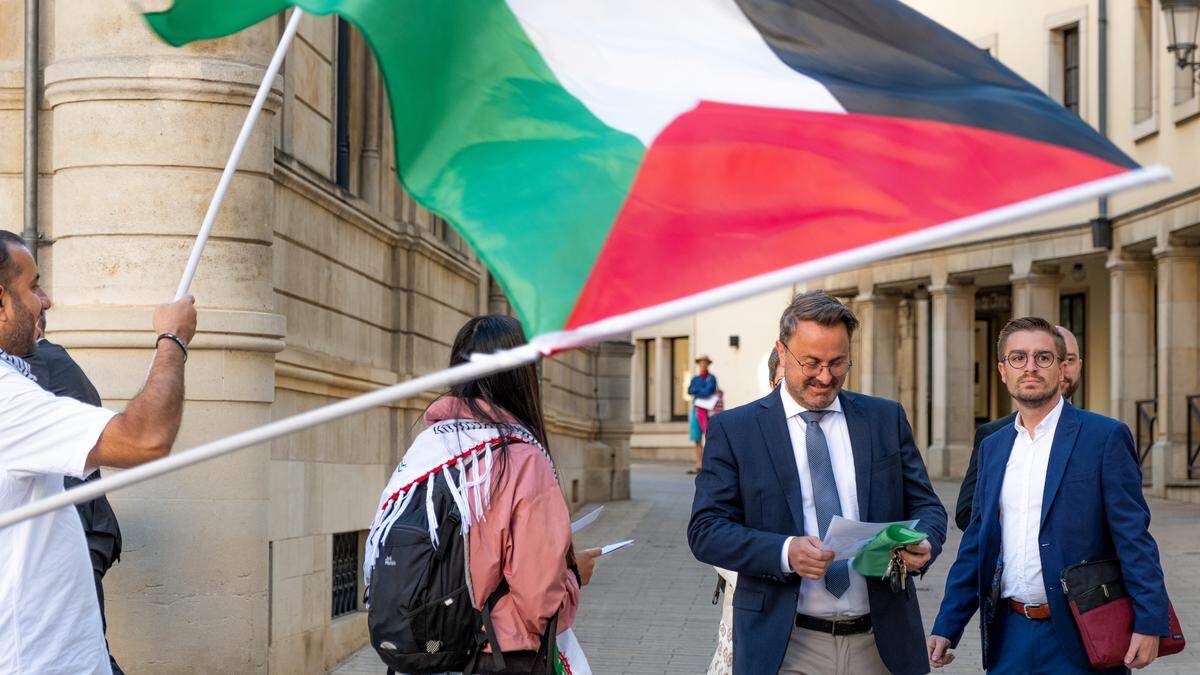Luxembourg has granted export licences for military equipment sent to Israel, despite the government voting in favour of a UN resolution last year calling on the international community to end deliveries.
The government is aware of Luxembourg companies “that have been involved in such transactions”, Foreign Minister Xavier Bettel said on Friday in response to a written parliamentary question submitted jointly by LSAP deputies Franz Fayot and Yves Cruchten.
In April 2024, Luxembourg was one of 28 countries to back a motion at the 47-member UN Human Rights Council, which was passed by a majority and called on countries “to cease the sale, transfer and diversion of arms, munitions and other military equipment to Israel, the occupying Power…to prevent further violations of international humanitarian law and violations and abuses of human rights”. The motion also included an export ban on dual goods and civilian items that can be used for military purposes.
The foreign minister did not say whether deliveries took place even after Luxembourg voted to end the practice.
Bettel also declined to name the companies involved, but said “it should be noted that all of these transactions were carried out in strict compliance with applicable legislation and that these are not exports of lethal weapons.”
“The government assesses each request for military equipment on a case-by-case basis, based on strict criteria,” Bettel added, citing eight criteria for arms exports that EU member states jointly agreed on in 2008.
There have been 17 such requests made overall for all countries since 2022, with just one refusal, according to data provided by Bettel.
It comes after Bettel told parliament on Wednesday that Luxembourg has “no legal basis” to unilaterally impose sanctions on Israel, adding that the government must act in line with the rest of the EU.
Last month Bettel remained evasive about whether Luxembourg would support EU sanctions on Israel, following an internal European Commission report highly critical of the country’s conduct in its war in Gaza.
(This article was originally published by the Luxemburger Wort. Machine translated, with editing, adaptation and additional reporting by John Monaghan.)
